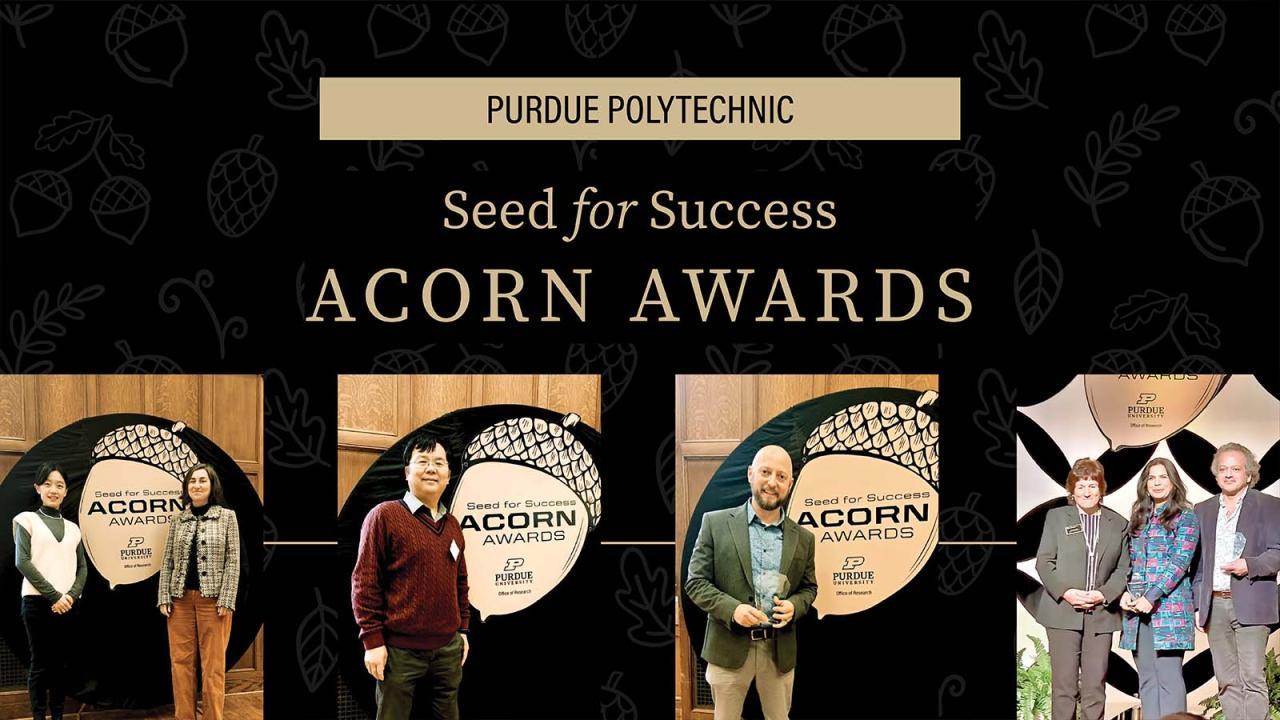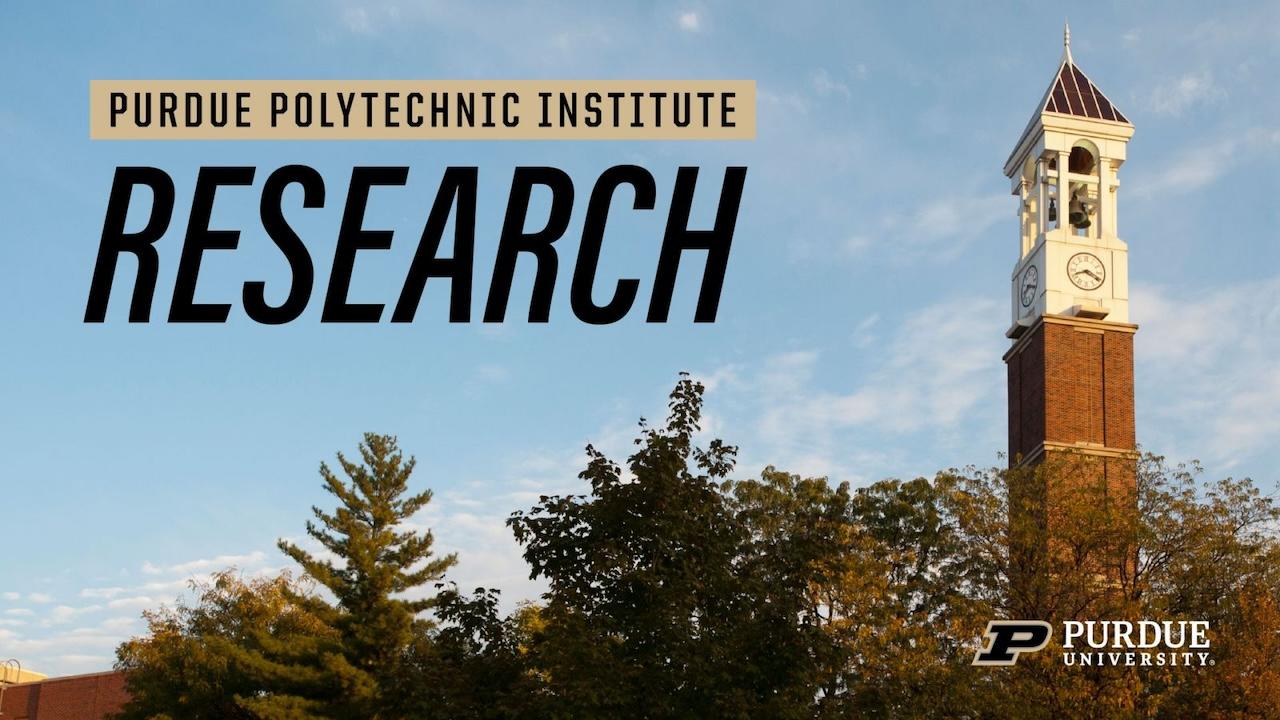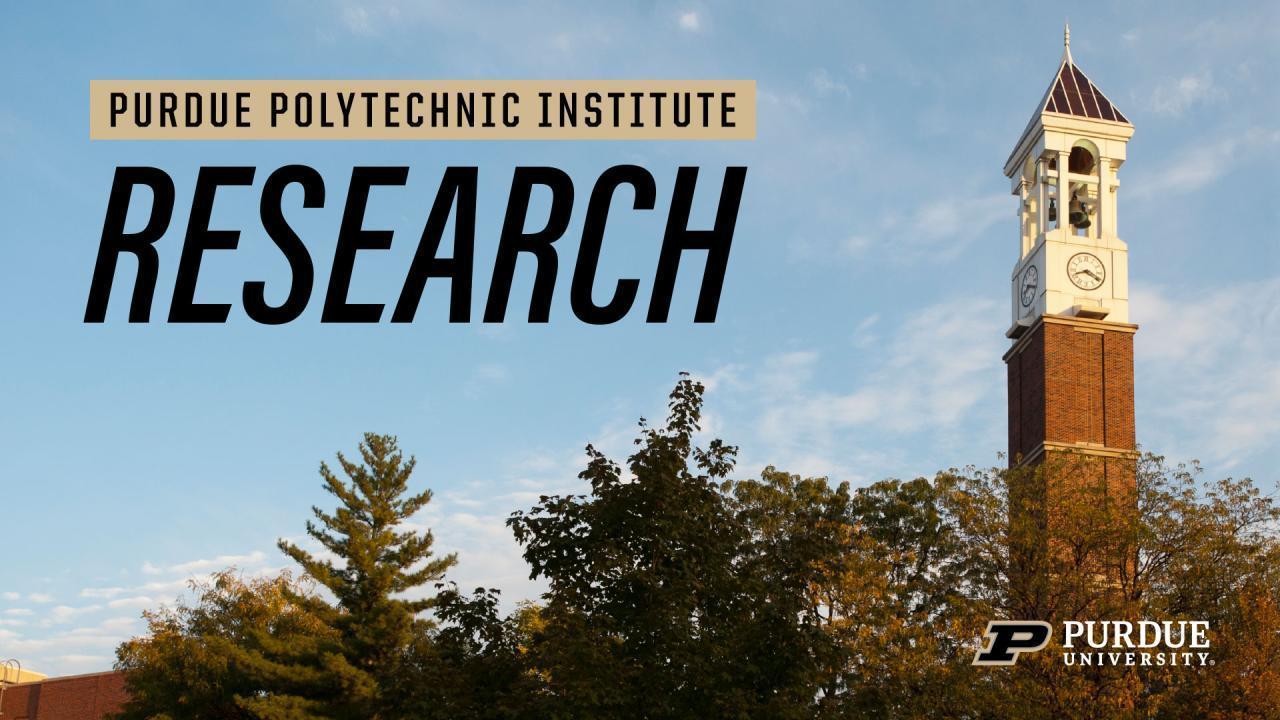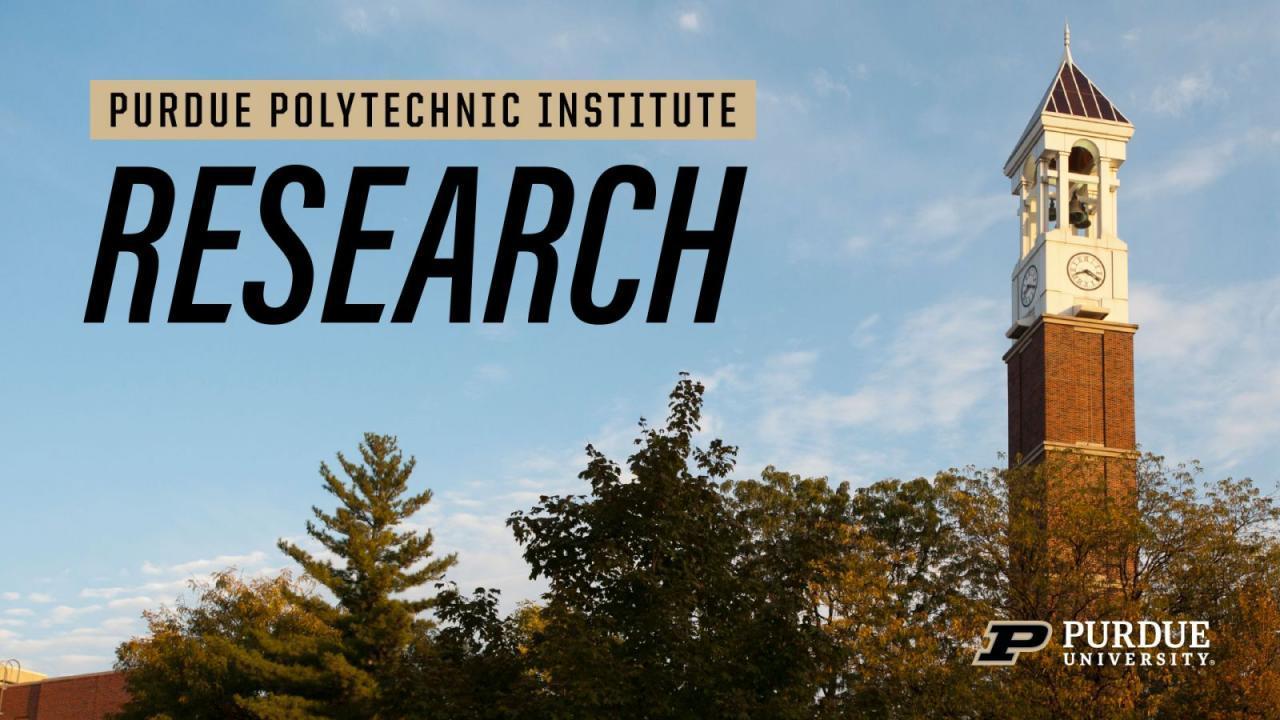
My primary research interests lie in natural language understanding, knowledge discovery and representation, and computational recognition of salient information in texts, as well as in uncertainty management. These belong in the domain of Artificial Intelligence, in the areas of Natural Language Processing, and Cognitive Science on the one hand, and Imprecision Management on the other.
My long-term research interest and goal are to enable people to communicate with computers informally, using (eventually, any) natural language, with the full understanding of what is said, and perhaps what is more important, of what is left unsaid. While knowledge representation, reasoning, machine learning and computational linguistics are not new areas and have received considerable attention, combining the meaning extracted from natural language texts with our knowledge of the world, represented in some conceptual form, with built-in fuzziness, vagueness, and uncertainty, where necessary, while remaining factually correct when desired -- this computational task has not been fully resolved. My current research attempts to come closer to an understanding of how to construct such a model, and modeling and detecting humor has turned out to be a convenient and visible entry into it as well as a good testing mechanism.





